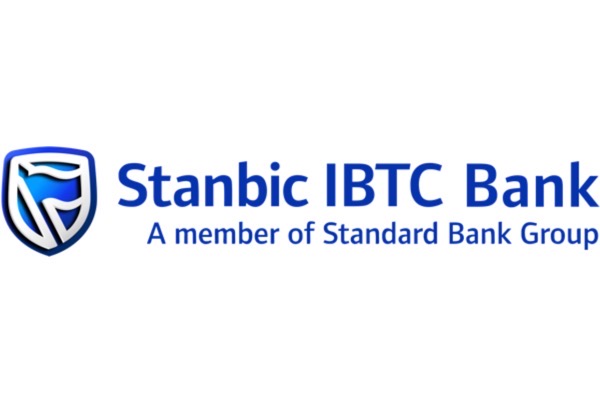Stanbic IBTC Bank Nigeria PMI®: Business Activity Falls Amid Record Increase In Selling Prices
By People’s Voice Nigeria | News
Nigerian private sector business activity dipped into contraction midway through the third quarter of the year as severe and strengthening price pressures acted to diminish demand. Both overall input costs and output charges increased to the largest extent since the survey began almost a decade ago. Inflation again reflected higher transportation costs as a result of the removal of the fuel subsidy, plus currency weakness.
Rising transportation costs also caused supplier delivery delays. Meanwhile, rates of expansion in both new orders and employment eased and were only marginal. The headline figure derived from the survey is the Stanbic IBTC Purchasing Managers’ Index™ (PMI®).
Readings above 50.0 signal an improvement in business conditions on the previous month, while readings below 50.0 show a deterioration. The headline PMI dropped for the third month running to 50.2 in August, from 51.7 in July, and was the lowest in the current five-month sequence of improving business conditions. The index signaled only a marginal monthly strengthening of the health of the private sector.
Marked inflationary pressures remained a key hindrance to businesses in August. Overall input costs increased to the greatest extent since the survey began in January 2014 as close to three-fifths of respondents posted a rise over the month. Rates of increase in both purchase prices and staff costs accelerated, the latter hitting a new survey peak.
Higher transportation costs were central to rising prices, while there were also reports of currency weakness adding to inflationary pressures. In turn, companies also increased their selling prices at a record pace, with the rate of inflation surpassing the previous peak from December 2021.
Steep price rises presented a challenge for firms to secure new orders. August saw only a marginal increase in new business, with the rate of expansion the softest in the current five-month sequence of growth. Similarly, employment also rose only marginally. Meanwhile, business activity decreased slightly midway through the third quarter, ending a four-month period of expansion. Sector data pointed to a drop in activity in wholesale & retail and no change in services.
Meanwhile, agriculture and manufacturing continued to see output increase. Companies continued to expand their purchasing activity, with stocks of inputs rising accordingly. There were some difficulties in the receipt of inputs caused by high transportation costs. As a result, suppliers’ delivery times shortened only fractionally in August, following a period of marked improvements in recent months. Business sentiment picked up from the previous survey period’s record low, but was still historically weak. Those panellists predicting a rise in output over the year ahead often linked this to business expansion plans and advertising activity.


